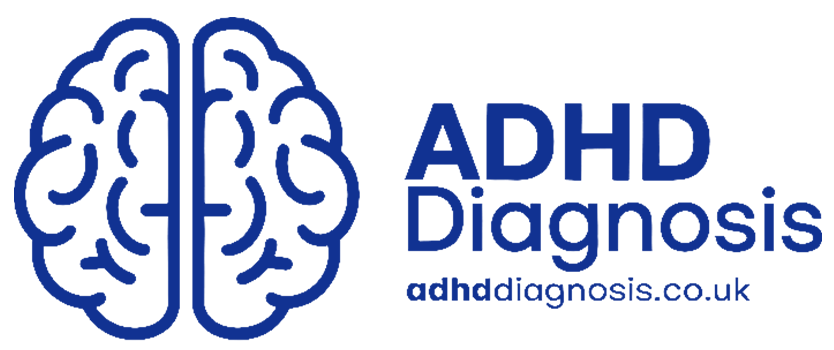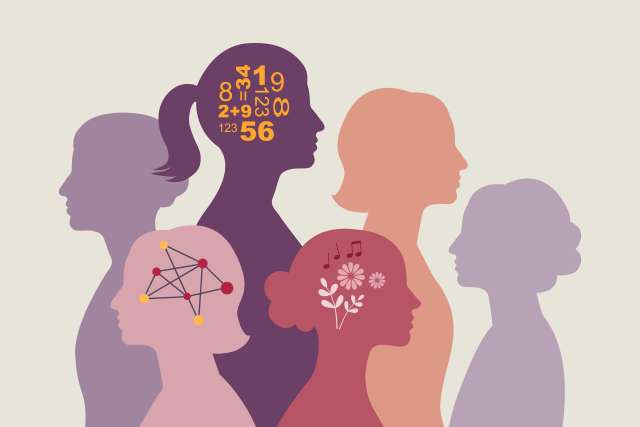ADHD and Relationships – Building Stronger Connections
Maintaining healthy, fulfilling relationships can be a unique challenge for adults with ADHD. Symptoms like forgetfulness, impulsivity, emotional reactivity, and inattentiveness may strain romantic partnerships, friendships, and family bonds. Communication difficulties often arise, as ADHD brains may interrupt, lose track of conversations, or misinterpret social cues. Partners and friends might feel unheard or undervalued, while…









